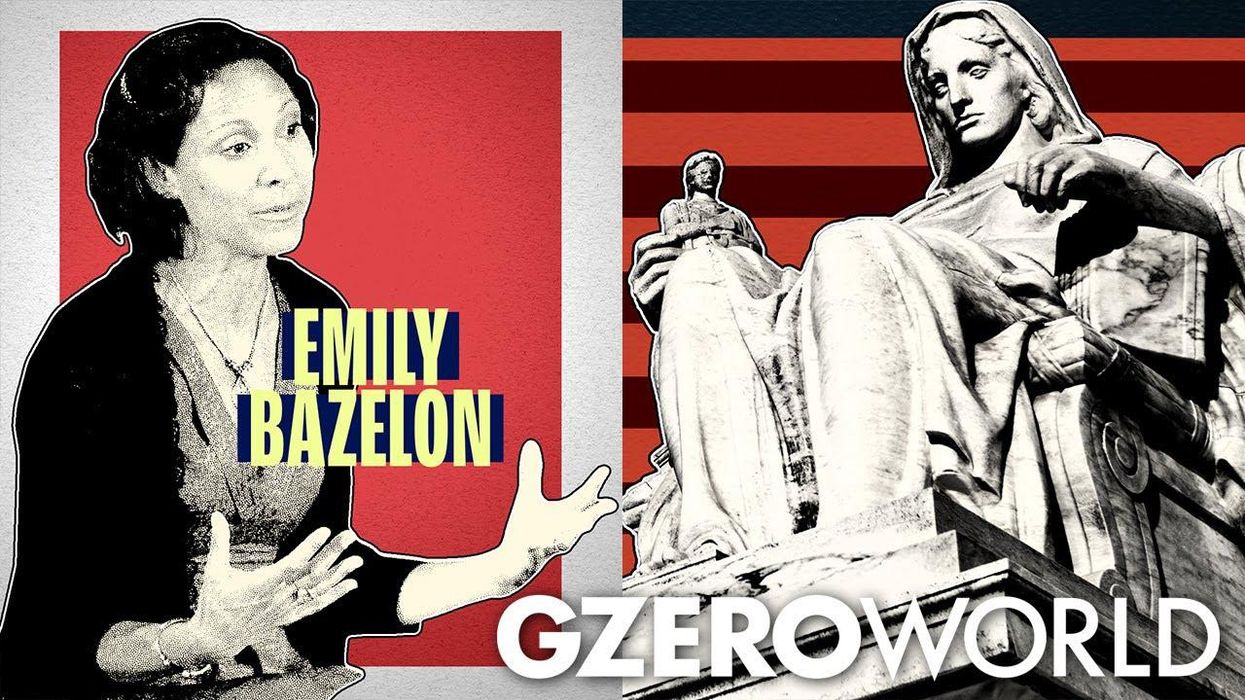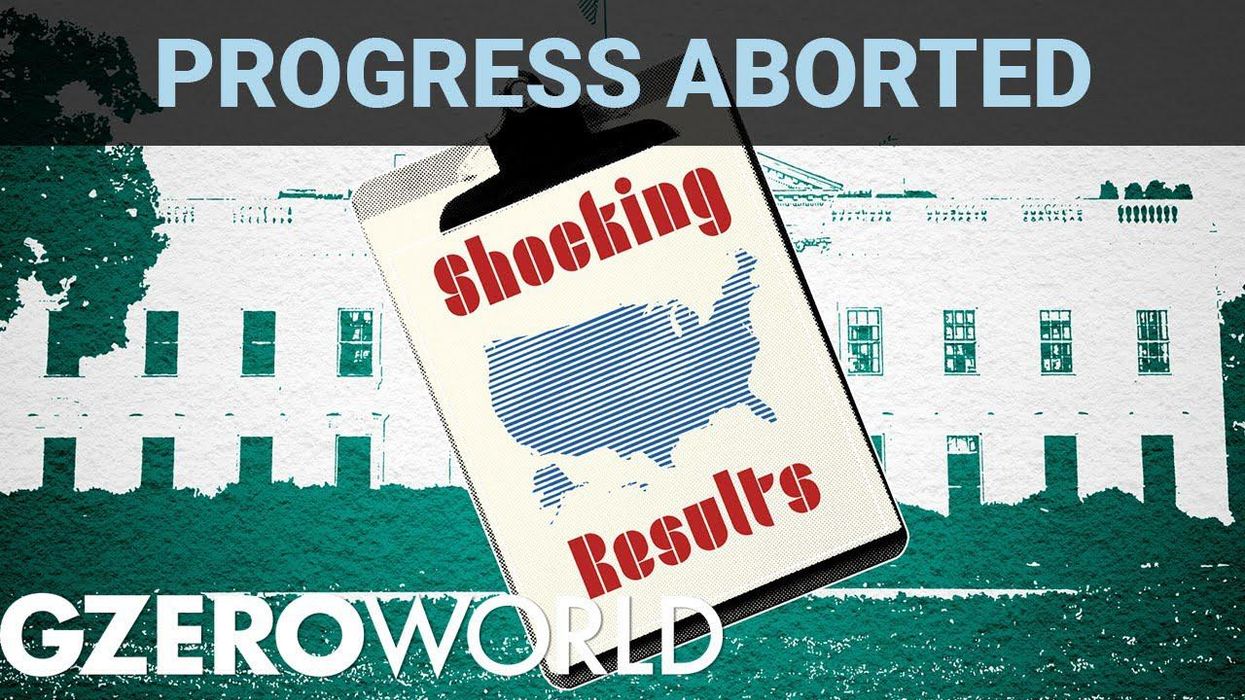GZERO World Clips
The political machine that took down Roe v. Wade
50 years ago, when the Supreme Court granted the constitutional right to abortion, the country was far less divided than is it today. Now with that Roe v. Wade decision overturned, roughly half the states have "trigger laws" on the books restricting abortion, New York Times columnist Emily Bazelon tells Ian Bremmer on GZERO World.
Jul 24, 2022


